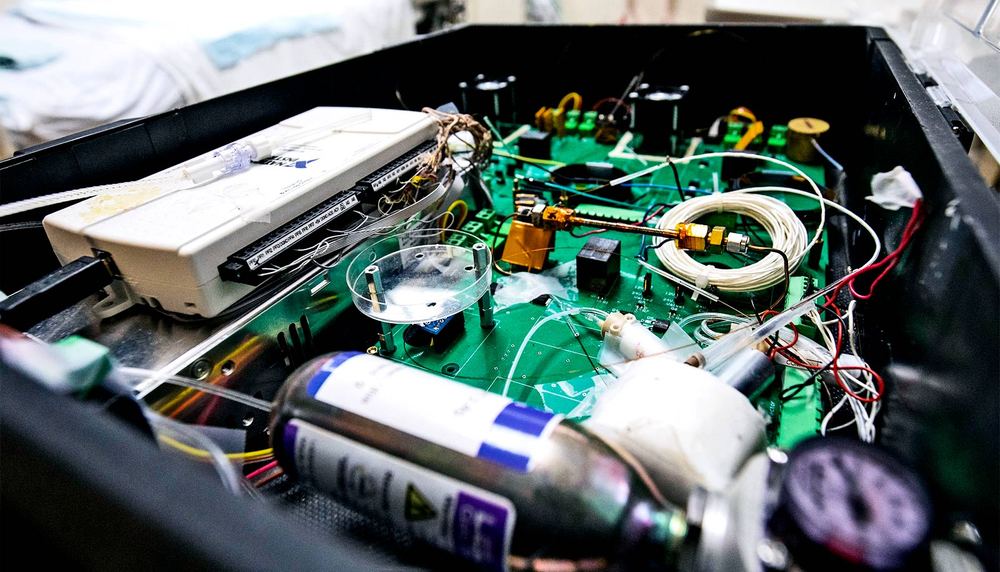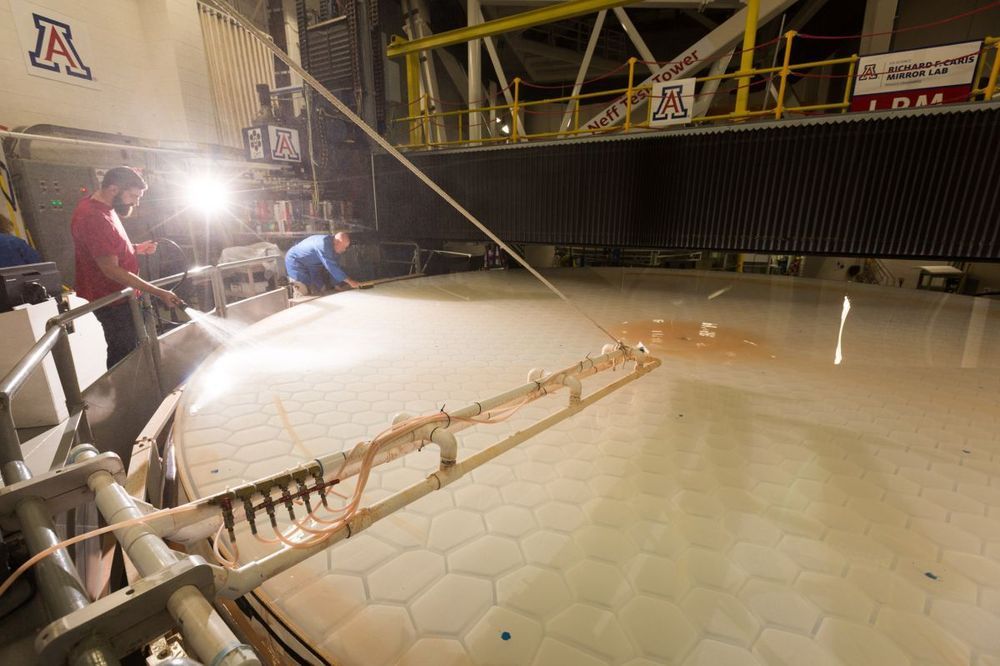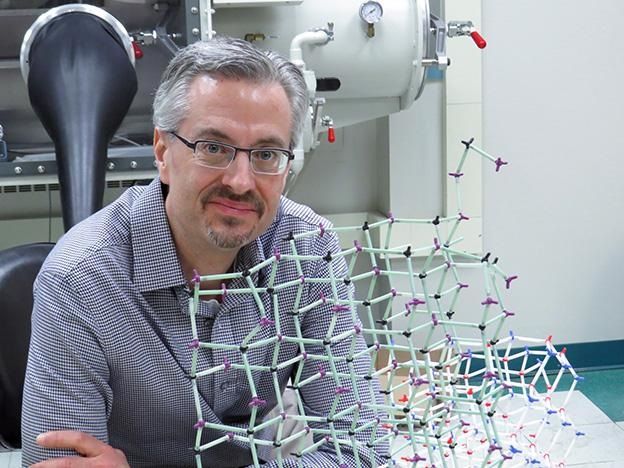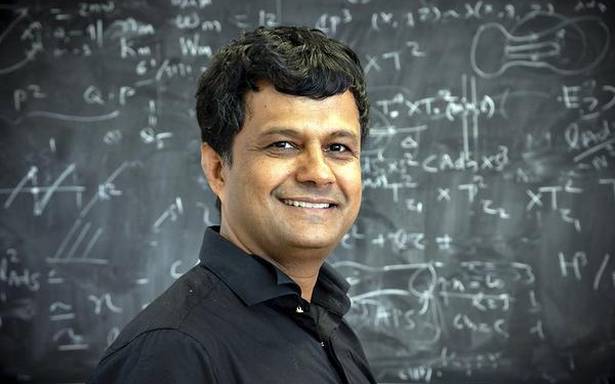Some call it a SASER and others call it a PHASER.
How do you whisper to someone across the room? With lasers, of course. MIT has developed a system using lasers to transmit audio signals directly to the ear, and no one else in the area can hear them. As a nice bonus, the laser won’t burn your skin or eyes should you turn your head at the wrong moment.
The laser system leverages what is known as the photoacoustic effect. That simply means that the absorption of light waves by a material produces sound waves. In this case, the light is absorbed by water molecules in the air, but the researchers learned to very carefully tune the laser to control where the sound appears. It’s essentially a narrow cone of sound.
Making sound with a laser is one thing, but creating specific tones or transmitting a message is much harder. The team evaluated two methods for doing this. First, there’s the laser sweeping technique, which involves altering the wavelength of light to create different sounds. The traditional photoacoustic method uses varying power to encode a message.









